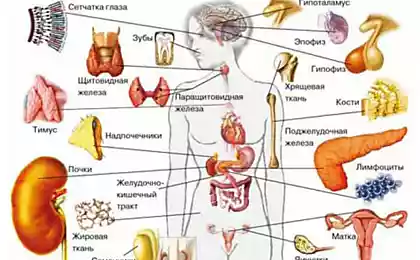249
Intuition or logic: what saves you better in critical situations?

In a world where we are faced with different decisions every day, it is important to understand which approach works best in critical situations. Two key decision-making strategies—intuition and logic—are often the subject of debate. But which one is more effective in extreme circumstances?
Intuition: The Power of the Unconscious
Intuition is the ability to understand something immediately, without the need for conscious reasoning. This is our “sixth sense”, which is often based on previous experience and subconscious knowledge.
Advantages:
- Speed: In critical situations where time is of the essence, intuition allows you to react quickly.
- Experience: Often, intuitive decisions are based on past experiences, even if we are not fully aware of them.
- Adaptability: Intuition works well in new or unpredictable situations where there are no clear rules or data.
Flaws:
- Subjectivity: Intuitive decisions may be biased by personal biases or emotions.
- Lack of justification: It is difficult to explain or justify an intuitive decision, especially if it does not lead to success.
Logic: The Power of Reason
Logic involves the use of reasoning and analytical skills to make decisions. It is a process based on data, facts and objective analysis.
Advantages:
- Objectivity: Logical decisions are often more objective because they are based on facts and data.
- Repeatability: The logical approach can be replicated and tested by others.
- Reasonableness: It is easier to explain and justify decisions made based on logic.
Flaws:
- Time: Logical analysis requires time, which may not be available in a critical situation.
- Data limitations: New or unpredictable situations may lack the necessary data for logical analysis.
Synthesis of Intuition and Logic
In practice, the best approach is often a combination of intuition and logic. Intuition can guide us to a quick solution, and logic helps us verify and refine that solution. In critical situations where every second counts, intuitive understanding can save lives, but logical analysis helps ensure that the decision is justified and does not carry additional risks.
Conclusion
The choice between intuition and logic in critical situations depends on the specific circumstances and personal qualities of the person. It is important to develop and trust your intuition, but also not to forget the importance of logical analysis and objectivity. Ideally, a combination of both approaches will result in the most effective and safe solutions.
The Most Dangerous Places on the Planet – and Why People Are Going There
Mysteries of the universe that science cannot explain























